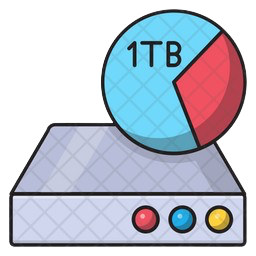By Eugenia Manolidou
Ever wondered how we measure things, from the tiniest speck to the grandest of ideas? Time to explore the world of prefixes, those special beginnings of words that tell us about size and scale!
Nano, from the Greek word «νάνος» (pronounced: nános) meaning dwarf or very small, nano helps us talk about things that are incredibly tiny, like atoms and molecules. Nanotechnology, for example, helps scientists build amazing things at the tiniest level, like tiny robots or super small computers.

Mega, from the Greek word «µέγας» (pronounced: mégas) meaning large or great, “mega” tells us about things that are really big! When we talk about megastars, we are talking about those super famous celebrities that shine bright in the sky. And megacities? Well, they’re the biggest and busiest cities in the whole wide world, like New York or Tokyo!
Giga, derived from the Greek word «γίγας» (pronounced: gígas) meaning giant or huge, this is another very ancient word that we find in Hesiod’s “Theogony” (8th B.C). Today, we use gigabytes to talk about super-sized storage units that hold tons of pictures, videos, and games on your computer or phone.
Tera, from the Greek word «τέρας» (pronounced: téras) meaning monster. It is even bigger than giga! We use terabytes to talk about really, really big amounts of material, like all the information on the internet or how fast supercomputers can think.

So, whether it’s teeny-tiny nano or super-sized tera, these special words not only spark our imagination, but also remind us of the remarkable contribution of the Greek language to the world of technology. From ancient times to the modern era, Greek words have paved the way for defining concepts that shape our future, serving as timeless pillars of knowledge, guiding us to understand just how big or small things can be in our amazing world.
